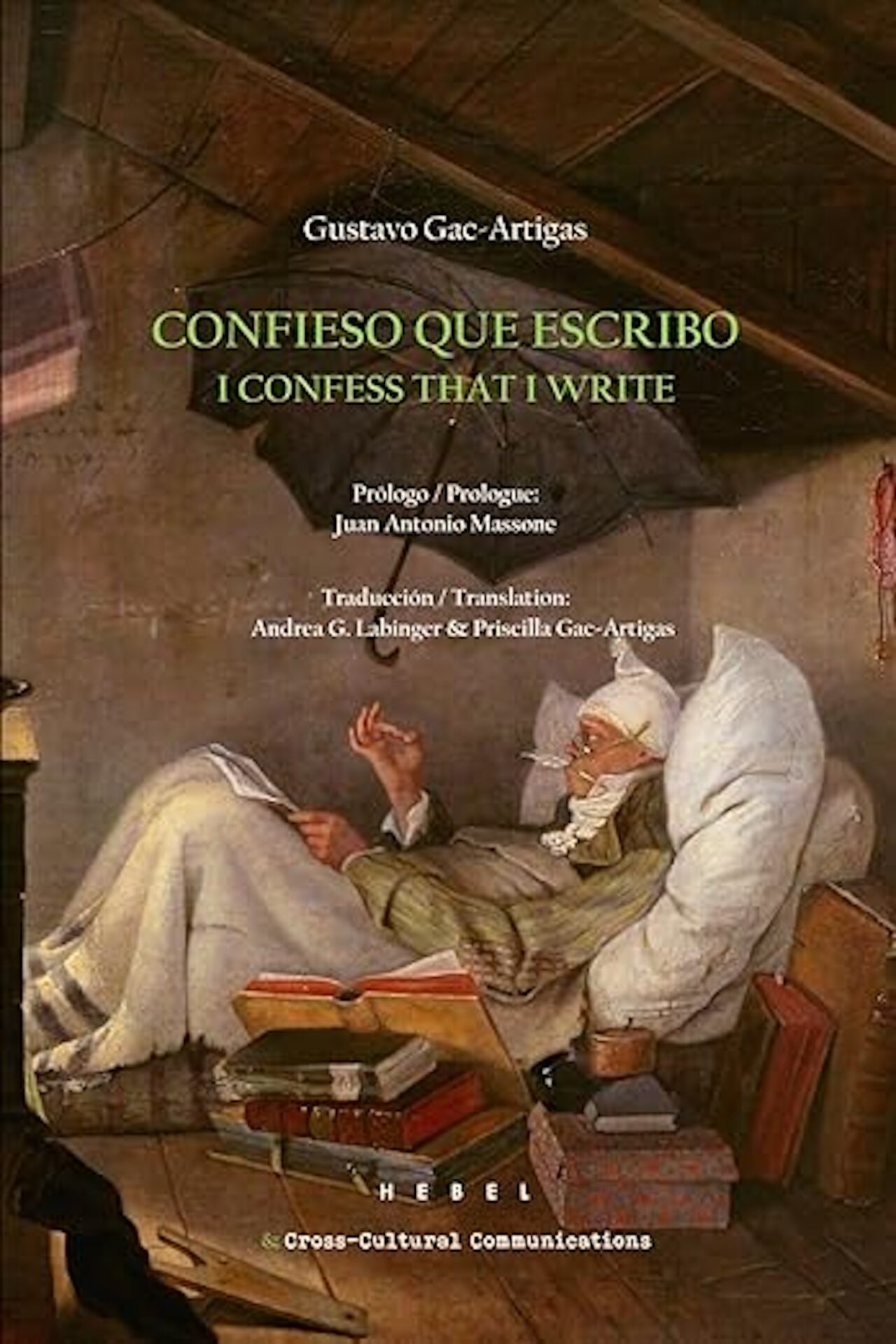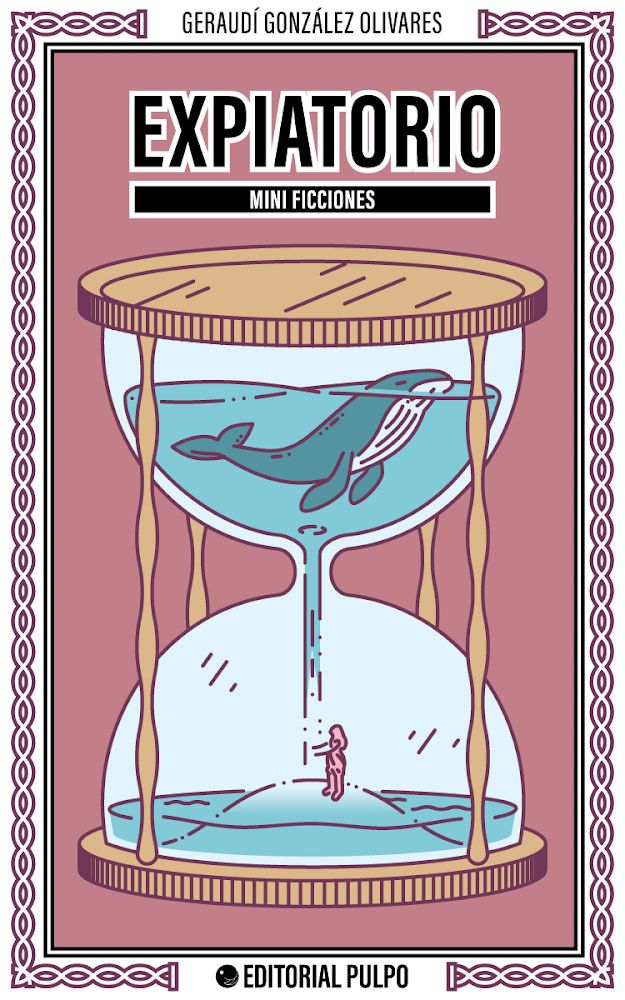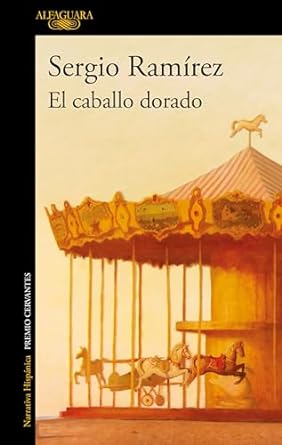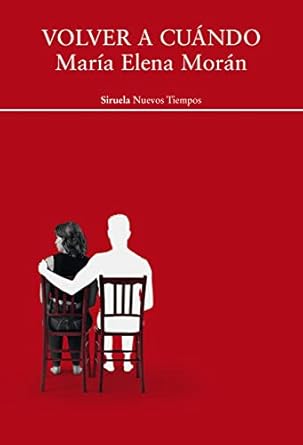Mala suerte de mi vida [My unlucky life]. Z. Ferro. Miami: La Pereza Ediciones. 154 pages.
 If we pause for a moment to examine the variety of fortune-telling practices and superstitious rituals that have developed throughout—amulets, horoscopes, fear of black cats, crystal balls, avoiding ladders, numerology, collecting four-leaf clovers, palmistry—it’s clear that one of our biggest fears is a lack of control over the adverse circumstances that the future can throw our way. However, what happens when a positive or negative pattern in circumstances that happen unexpectedly, is repeated and over and over for a good part of our lives? Are they coincidental events that seem to be unrelated or is it luck? This seems to be the central question that Mala suerte de mi vida (La Pereza Ediciones, 2017) explores, the excellent first novel by Z. Ferro (Cuba, 1983).
If we pause for a moment to examine the variety of fortune-telling practices and superstitious rituals that have developed throughout—amulets, horoscopes, fear of black cats, crystal balls, avoiding ladders, numerology, collecting four-leaf clovers, palmistry—it’s clear that one of our biggest fears is a lack of control over the adverse circumstances that the future can throw our way. However, what happens when a positive or negative pattern in circumstances that happen unexpectedly, is repeated and over and over for a good part of our lives? Are they coincidental events that seem to be unrelated or is it luck? This seems to be the central question that Mala suerte de mi vida (La Pereza Ediciones, 2017) explores, the excellent first novel by Z. Ferro (Cuba, 1983).
The novel is composed of 28 short, dynamic chapters and tells through a creative third person narration the story of la China, a middle aged Cuban woman—daughter of a Chinese immigrant and a biracial woman—, who moves to the United States with her husband in search of a more prosperous life. After several years in the United States, her son dies in a car accident. When the novel begins the marriage of la China and her husband is in a final stage, and due to the lack of emotional resources needed to deal with the death of a son, as well as the exhaustion of the years of living together, he leaves her. This critical event will push la China to a space where it is possible to begin her life again only one more time. Alone in a foreign country without anything to cling to and with nothing more than memories as belongings, la China will journey inward in search of survival. At the same time she begins her emotional journey, various formative events from her past are revealed; a series of situations that brought her from living a rather fortunate life in Cuba to moving to Little Havana in Miami and finally ending up alone working as a domestic helper. Even though on the surface the plot could suggest otherwise, la China is in no way beaten down by the adverse circumstances that, as though they were traps planned by some enemy force, determine her fate. Actually, there is a kind of unbreakable vitality in this very well constructed character, an almost involuntary heroism in the way she puts up a fight against the misfortunes that keep coming her way. It’s true that she initially turns to the aid of medication, of friends, of memories from her past life, but as the novel progresses, if la China stays afloat, it is due to her will to live. I would venture to say that perhaps unconsciously, la China adopts a defiant stance to life, a luck composed of determination to resolve any problem that is placed in front of her: “Era una mujer de lucha, de día a día, de estar y compartir, y construir vida y vivirla” [She was a fighting woman, from day to day, by being and sharing, and building a life and living it].
Perhaps this vision of life as a phenomenon in perpetual construction, as a continuous fight, is what allows her to face any doom. In some respects, Mala suerte de mi vida is a novel about the possibility of transforming oneself with each new blow that fate delivers. This idea of individual transformation is supported in another theme throughout the novel: the condition of the immigrant in the United States. Almost all of the characters who gravitate toward la China are immigrants. The act of migration reveals a will to start over, to transform oneself, to find a habitable place in adverse circumstances, and the question surrounding luck develops a greater significance.
A large part of the novel is devoted to la China’s life as a domestic helper. Once she divorces her husband and ends up getting evicted from her apartment in Little Havana due to a lack of money, she finds work in the house of an affluent family. From that point on, the plot is woven around her relationships with different members of the family. In particular, it deals with her relationship with the family’s daughter’s boyfriend, whom la China protects because he reminds her of her late son. In this section of the book, images seem to appear of how her life could have been if things had gone another way, if the balance of luck had tipped to its side. However, there doesn’t seem to be envy in la China’s eyes, only self sacrifice, perhaps a conviction that the most important thing is to do good in the world and keep moving forward, even though her actions at the end of the novel end up being misunderstood.
Mala suerte de mi vida is a clear and well-structured portrait of how a broken life is mended and of the type of life that many immigrant women in Miami have: despite their vulnerability, despite the adversity of the circumstances, they overcome. In the end, whether or not luck comes along is secondary: the important thing is to keep moving forward.
Laury Leite
Translated by Carissa Egan







